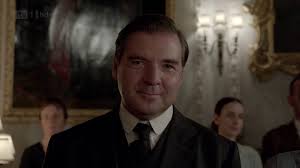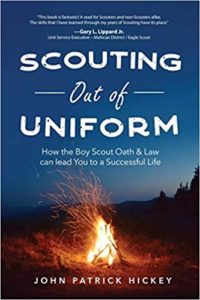
We all have baggage. The question is: What baggage can you deal with? – Jaime Pressly
I recently took my first trip out of the country since Covid. As a person who loves to travel it was great to once again get the proverbial passport stamp and experience a different culture.
Belize is already hot as it’s summer there. But the trip was great, the water was beautiful, and snorkeling with the stingrays and sharks at Cay Caulker was a thrill.
When it comes to air travel, of course, the more things change, the more they stay the same. I’ve traveled the world, and prefer to travel as lightly as possible. But there comes that time you have to decide whether to check a bag, carry-on only, or both. One way or another, you have to decide what you’re going to do about your bags.
In leadership, as in life, you have to decide what you’re going to do with your baggage. We all have some and how we deal with it makes all the difference.
Here are a few lessons I’ve learned as a traveler and as a leader about carrying baggage. See if you can relate to any of the following.
Only pack the essentials
When traveling, it’s wise to only pack what you need. Keep it to the essentials. The lighter your load the farther and faster you can move. I’ve seen people pack for a week-long trip and you would have thought they were going to be gone for a month.
Leadership Tip: In leadership, excess baggage such as a poor attitude, grudges against a colleague, poor morale, etc. can weigh you and your organization down. In travel, excess baggage will cost you. It will cost you in your leadership as well. To move forward, you will have to have some items in your bags so you’d better be smart about it.
You don’t have to carry other people’s bags
You are not responsible for other people’s baggage. When maneuvering through an airport, you typically have all you can do to keep up with your own bags, much less anyone else’s. And, you never leave your bag unattended.
Leadership Tip: In leadership, you will deal with a variety of people with differing levels of baggage – some good, some not. It’s essential as a leader that you recognize that there will be some people who will try to bring their negative baggage with them into your culture. And once it gets in, it’s hard to get it out. Just as you go through screening at the airport, you have to screen and weed out negative influences and toxic people from within your organization.
Don’t weigh yourself down
We’ve come a long way over the years when it comes to moving about with luggage when traveling. You no longer have to bear the burden of heavy bags and moving about with them – think spinners.
Leadership Tip: In leadership, you want to utilize every tool at your disposal and surround yourself with people who can help move things along. You don’t have to be weighed down by outdated methods and procedures. You can lighten the load for yourself and others by checking your bags carefully and packing in such a way that everyone can benefit.
©2023 Doug Dickerson











 My friend and author John Patrick Hickey wrote a remarkable book entitled,
My friend and author John Patrick Hickey wrote a remarkable book entitled, 


